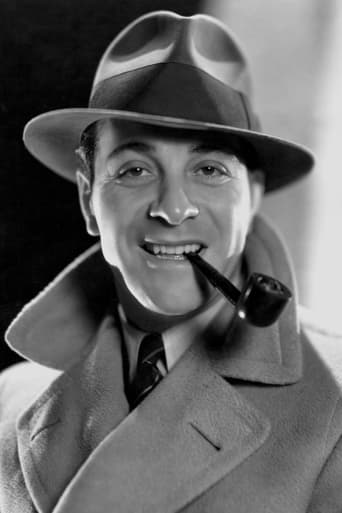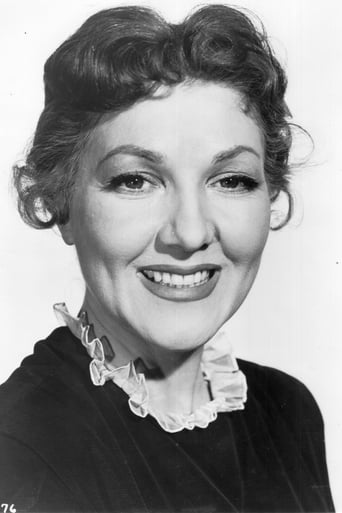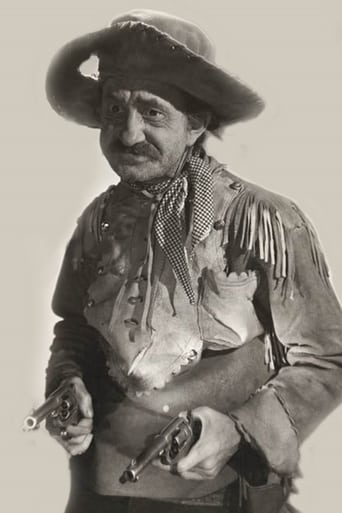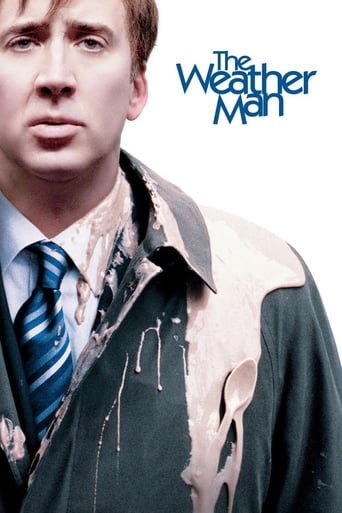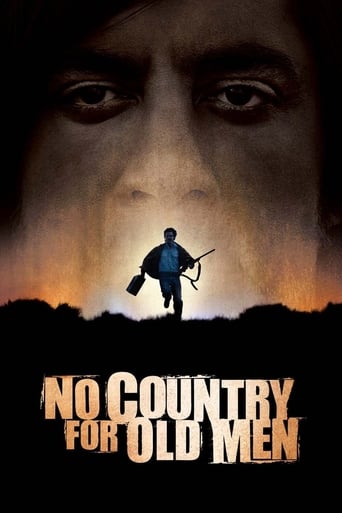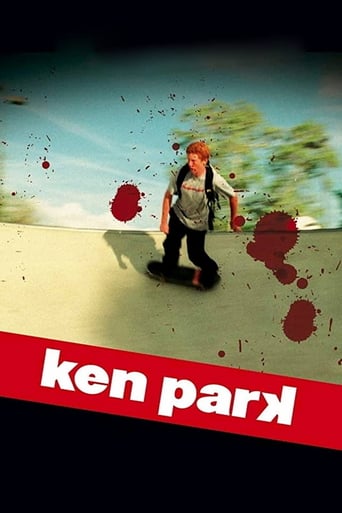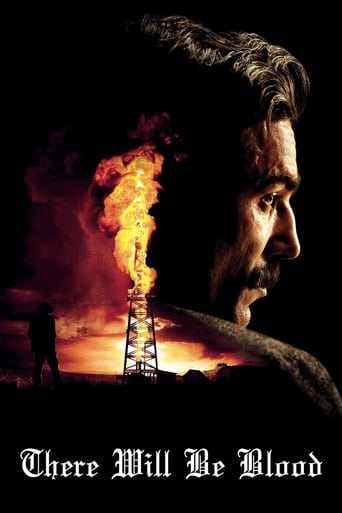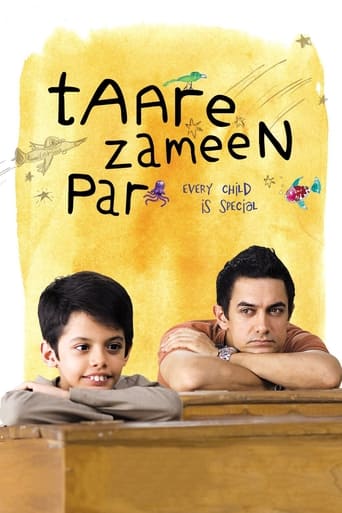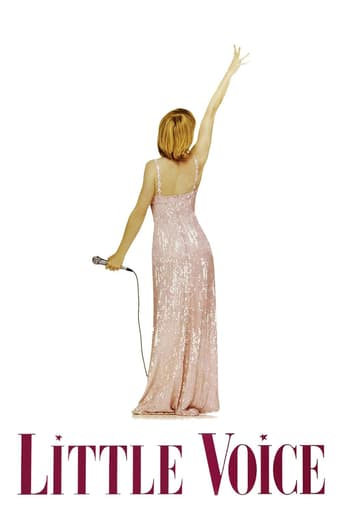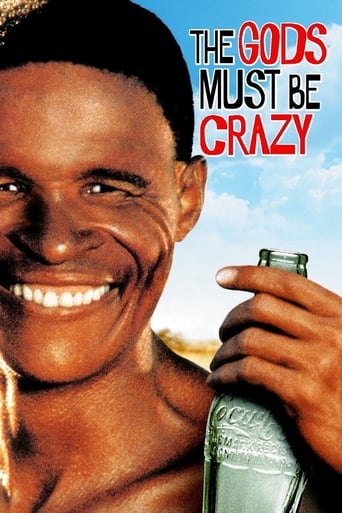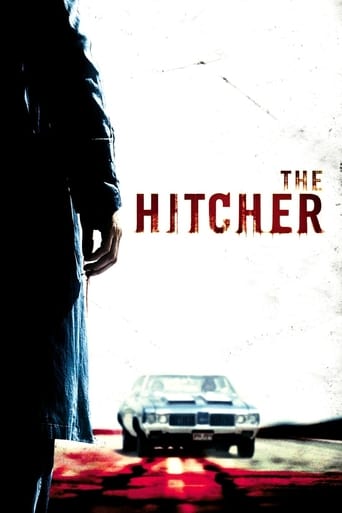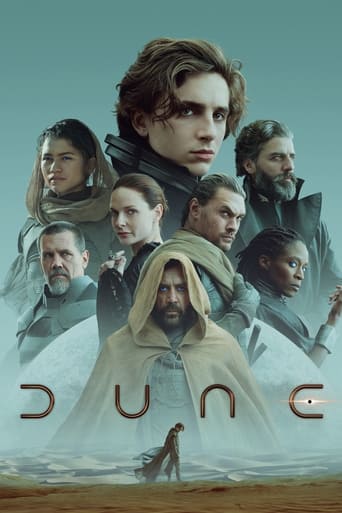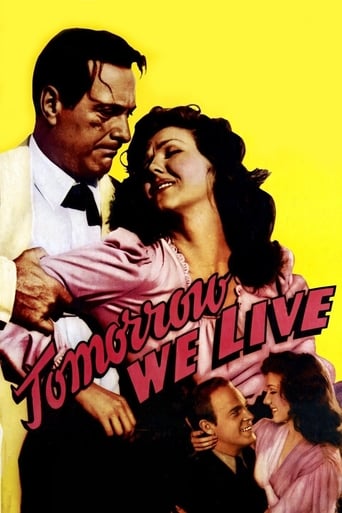
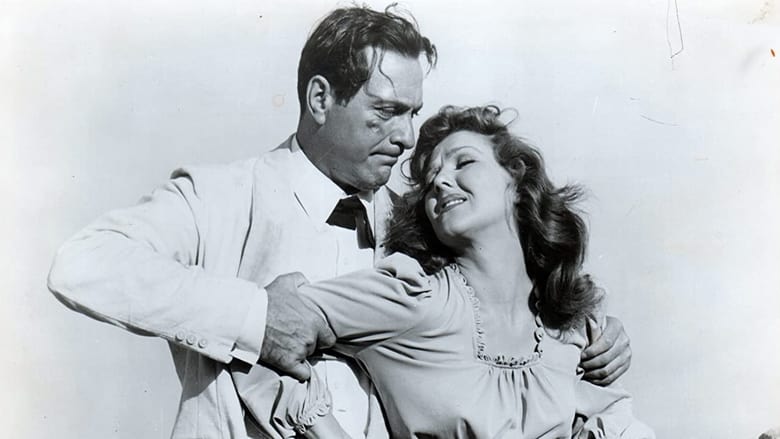
Tomorrow We Live (1942)
Julie Bronson, whose father operates a desert cafe, is attracting the unwanted attention of a half-crazed gangster known as The Ghost who runs a desert night club several miles away.
Watch Trailer
Cast
Similar titles
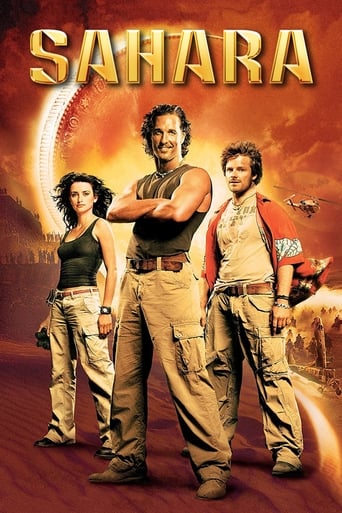
Reviews
Absolutely Fantastic
A Masterpiece!
Good films always raise compelling questions, whether the format is fiction or documentary fact.
It's a feast for the eyes. But what really makes this dramedy work is the acting.
Ricardo Cortez and Jean Parker horrible copy from Alpha--way too dark and blurry 2 Samuel 1:27 says "How the mighty have fallen" and this is an often quoted phrase. In the case of Ricardo Cortez and "Tomorrow We Live", it is very fitting. That's because in the early part of his career, Cortez was a hot commodity in Hollywood--having starred in such notable films as the first "Maltese Falcon" in 1931 and receiving top billing over Greta Garbo in "Torrent" in 1926. However, his career never really reached the heights after this and his career was a very slow downward spiral--resulting, by 1942, in him starring in some very low-budget B-movies. As for Cortez, this actually turned out to be a blessing, as he soon retired and moved into a Wall Street job and made a small fortune! So, although his career had definitely fallen by the 40s, it all worked out well for everyone--everyone except for audiences hoping to see him in good films! As "Tomorrow We Live" began, I cursed myself for watching this Alpha Video copy. That's because Alpha never restores their DVDs at all--and often they use the lousiest of prints. And, in the case of this movie, the print is horrible! It's very blurry and dark--and looks really ugly.The film begins with a racketeer (according to one astute reviewer, Ricardo Cortez's character was based on Bugsy Siegal) noticing a nice young lady (Jean Parker). While she isn't interested (since she is a nice girl and already has a boyfriend who is in the service), Cortez isn't about to take no for an answer. Additionally, Cortez has a hold over her father--but exactly what it is the audience doesn't know. All this eventually leads to murder and a VERY heavy-handed message that equates gangsters to the fight against international fascism.So why do I give this film only a 3? Well, two main reasons. First, the message lacks subtlety and is never handled gracefully or deftly. Second, and more importantly, Cortez's character has a HUGE meltdown at the end that just comes off as silly and unbelievable. Could this movie have been better? Of course, but based on the limp plot you couldn't have done much more with this picture.
This could be called "The Petrified Nightclub" for the ridiculous story it presents of a dying criminal (Ricardo Cortez) who hides out in the desert, yet has built up a popular hot spot that locals from every nearby metropolis (Deadwood, Cactus Creek, you get my drift) visit. He gets a hankering for pretty Jean Parker, a socialite visiting her father whom Cortez is blackmailing for crimes he has not paid for. Cortez is determined to possess Parker, yet she is already involved with another man (William Marshall). It seems that Cortez thinks he has a right to have the woman he wants under his dying circumstances, and with some very bad acting, he goes about getting her no matter what. Even at 62 minutes long, this film (directed by the usually brilliant "Z" Grade director Edgar G. Ullmer) is hideous.
I see so far I'm in a minority here for some folks are finding all kinds of murky and mysterious meanings in Tomorrow We Live. All I'm looking at is a Grade Z piece of melodramatic claptrap. Poor Ricardo Cortez's career had come to a pretty pass here for a guy who was the last player billed OVER Greta Garbo back in silent days. And a rival in the Latin lover department to Rudolph Valentino besides.Cortez's character 'the Ghost' is a veiled reference to Lucky Luciano who got his nickname by surviving a hit attempt as did Cortez. He's got himself a nice little gambling spot out on the desert in some unnamed western state that I think we can assume is Nevada. He's got the hots for Jean Parker and he's also got a hold on her father Emmett Lynn who runs a nearby truck-stop greasy spoon like café. The kind that Cecil Kellaway had in The Postman Always Rings Twice.Anyway Cortez has Lynn working in a black market tire racket and Parker submitting herself to his Snidely Whiplash advances. She actually throws over her all American soldier boyfriend William Marshall for Cortez. But Marshall tells off Cortez that he's going overseas to fight guys like him.Anyway the film was made too soon because Lucky Luciano due to efforts by the War Department got himself paroled and deported to Cuba for allegedly setting up contacts with the Italian Mafia for OSS operatives in Italy. That came after Tomorrow We Live was inflicted on the movie going public which does give this film a certain amount historical curiosity.But definitely not worth the little over an hour of my life I'll not get back.
Another PRC quickie from Edgar Ullmer, but he threw everything and the kitchen sink into this one. The story revolves around a character called "The Ghost" played to the hilt by Ricardo Cortez. It takes place at some lonesome outpost in the desert. The Ghost is a mysterious gangster from the east who opens a nightspot out west and begins to corrupt everything he touches. One of his victims is an old geezer played by Emmett Lynn, who once was charged with murder. The Ghost blackmails him into a black market tire scheme. (This was 1942 and tires were worth more than gold). He than sets his sights on the old timer's daughter played by an unremarkable Jean Parker, who is really in love with a soldier. Then it gets weird. The Ghost is threatened by a rival gangster called "Big Charlie". You have to wonder, how many gangsters can they possibly have out in cactus country? Let's see; we have a big shoot out between The Ghost and his gang and Big Charlie and his gang. The Ghost escapes, comes to believe he is immortal, shoots the old geezer in cold blood, and THEN swears his undying love for the daughter and wants her to run away with him. I would call that bad timing. As this unlikely scene plays out, we come to find that The Ghost is as nutty as a Snickers Bar. Meanwhile, the old geezer rolls over, shoots The Ghost and croaks on cue. The daughter calls the sheriff, declares her love to her soldier boy, and we finish up with a huge military parade of trucks, jeeps, and assorted obsolete military equipment across the desert, right past the front door of the old geezers cafe.Look, this is Edgar Ullmer. This is PRC. It was an amazing exercise. Can I say, they don't make them like this anymore. The one thing I would mention is the performance turned in by Ricardo Cortez. Most film buffs remember him as the suave gangster, the smooth operator of the 30's. This film was made slightly after his prime and, I think, he elected to, or was forced to, take another tack. In this film we initially see him in his traditional role as a rather elegant gangster. But as the film progresses, he gets loonier and loonier until, toward the end, he looks less like Ricardo Cortez and more like Zeppo Marx. This is one of a kind. Cowboy gangsters and a military parade in the same movie - and don't forget to buy your war bonds.
